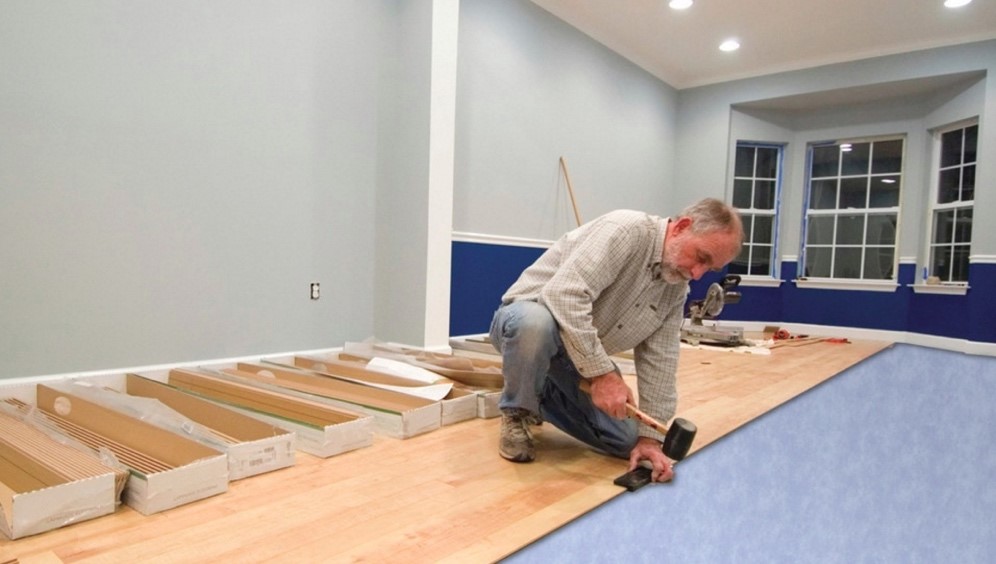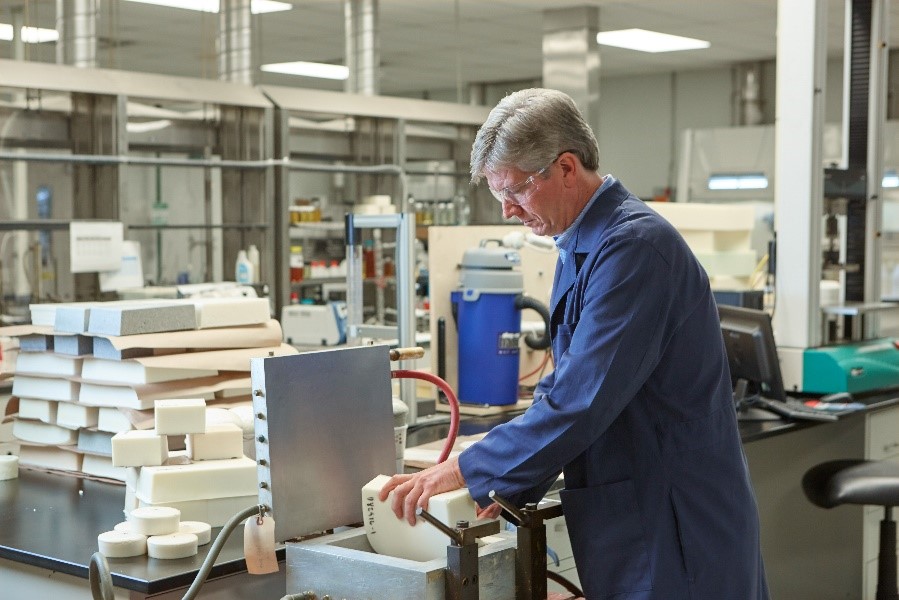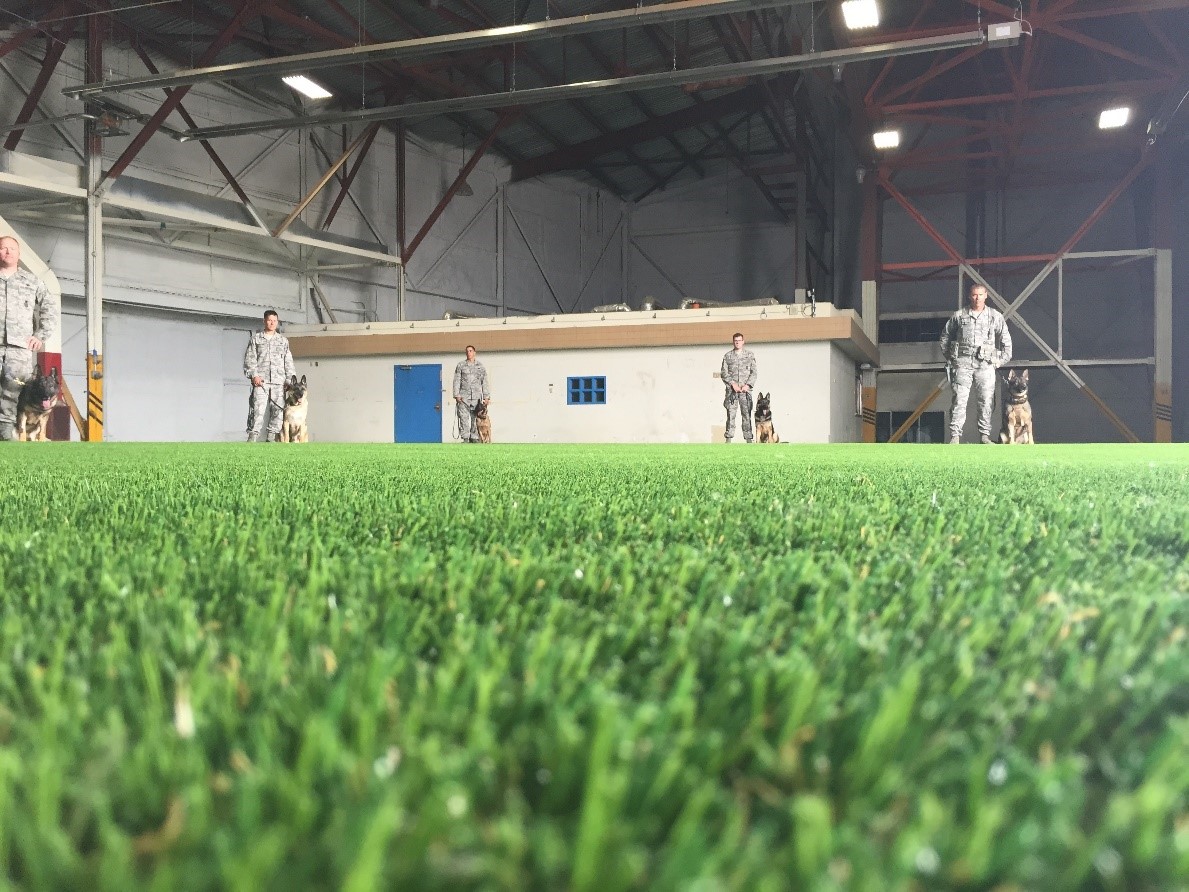Soy Resin Used in Variety of Products
Cambridge Biopolymers works with the soybean checkoff on a number of projects, developing different products made from soy bioresin. Some of the applications for the bioresin include timber boards, laminates, furniture, moldings, glass-fiber insulation, foundry sands and casting materials and non-wovens.
“Currently we have active programs with over 25 different companies making everything from fiberglass to ag fibers and concrete castings,” says Jim Seefeld, Cambridge Biopolymers. Depending on the application requirements, the bioresins can be delivered as aqueous or oil-based systems that can be cured either in acidic or alkaline conditions. Similarly, the bioresins can be formulated to cure over a temperature range from ambient to in excess of 200 degrees Celsius.
Bioresin is formaldehyde-free, removing the risk of exposure, providing benefits for environmental health and personal safety. The material can significantly reduce or remove the risk associated with cross-linking agents used in other resin systems, such as sulfur in furan-based resins, and it eliminates potentially hazardous off-gases from consumer products.
“For every ton of phenolic resin you replace, you have a net carbon savings of 4 to 7 tons,” says Seefeld. “That provides a tremendous opportunity for carbon credits or trading.”
The benefits of the bioresin are not just environmental – there are plenty of commercial benefits as well. Bioresin can create in-use savings through a reduced requirement for emission abatement on production lines. The product can eliminate the need for release agents and reduce or eliminate the need for other processing aids such as the oil used in fiberglass-insulation production. The use of soybean oil creates polymers with a greater intra-chain length than traditional resins.
“Compared to phenolic resins, the bioresin is not as brittle, and there is less dusting in fiberglass applications,” says Seefeld. “Bioresin has more flexibility, benefiting the coating industry.”
To learn more about the benefits of bioresin, visit www.cambridge-biopolymers.com; to learn more about indus



